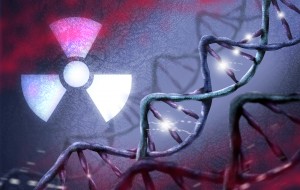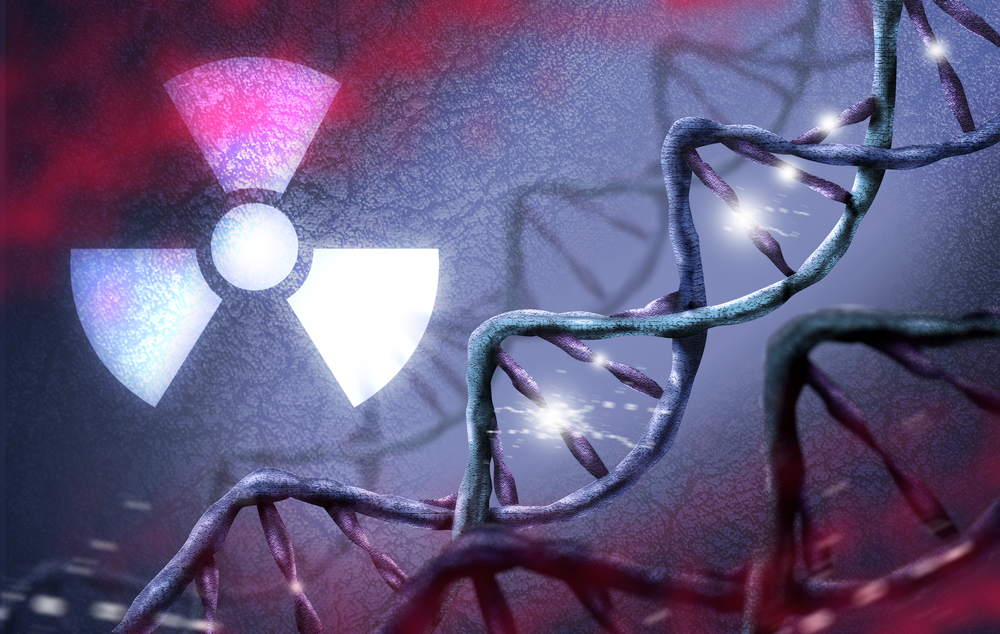 Recent studies from the laboratory of Youwei Zhang, PhD, at Case Western Reserve University School of Medicine, may increase the efficacy of radiation therapy in fighting cancer. Dr. Zhang’s team recently published its work, “UbcH7 Regulates 53BP1 Stability and DSB Repair,” in Proceedings of the National Academy of Sciences of the United States of America.
Recent studies from the laboratory of Youwei Zhang, PhD, at Case Western Reserve University School of Medicine, may increase the efficacy of radiation therapy in fighting cancer. Dr. Zhang’s team recently published its work, “UbcH7 Regulates 53BP1 Stability and DSB Repair,” in Proceedings of the National Academy of Sciences of the United States of America.
“Our discovery one day could lead to a gene therapy where extra amounts of 53BP1 will be generated to make cancer cells more vulnerable to cancer treatment,” said Dr. Zhang in a news release from the university. “Alternatively, we could design molecules to increase levels of 53BP1 in cancers with the same cancer-killing end result.”
Essentially, the work could translate into a two-pronged therapeutic approach that first increases the tumor-suppressor protein 53BP1 (otherwise known as p53-binding protein 1) and second destroys the now-more-susceptible-to-death cancer cells with a treatment such as radiation therapy.
Of course, this theory would need to be tested in animal models before application in a clinical setting. So far in the published study, Dr. Zhang’s team used a short-hairpin RNA (shRNA) library-based screening technique to identify ubiquitin-conjugating enzyme H7 (UbcH7, or Ube2L3) as a critical regulator of DNA double-strand break (DSB) repair. Thereafter, the team discovered that depleting UbcH7 dramatically increases the level of 53BP1 protein, putting the breaks on cancer cells’ growth cycle.
“What we propose is increasing the level of 53BP1 to force cancer cells into the error-prone pathway where they will die,” said Dr. Zhang. “The idea is to suppress deliberately the second accurate [DNA] repair pathway where cancer cells would prefer to go. It is a strategy that would lead to enhanced effectiveness of cancer therapy drugs.”
[adrotate group=”1″]
DNA DSB repair is essential in cells to maintain proper function and is activated by a DSB that can be due to anything from reactive oxygen species to chemical exposures. Repair can be achieved through one of two pathways. Cancer cells tend to prefer the UbcH7-based repair pathway because it uses intact DNA to accurately repair damaged DNA.
It would be important to target an increased level of 53BP1 to only cancer cells, as all cells rely on proper DNA DSB repair to continue to function correctly. “Each cell in our bodies already contains these UbcH7 proteins that regulate 53BP1,” said Dr. Zhang. “In patients with cancer, we want to induce more of 53BP1 proteins within their bodies to make their cancer cells vulnerable to radiation therapy and chemotherapy drugs.”


